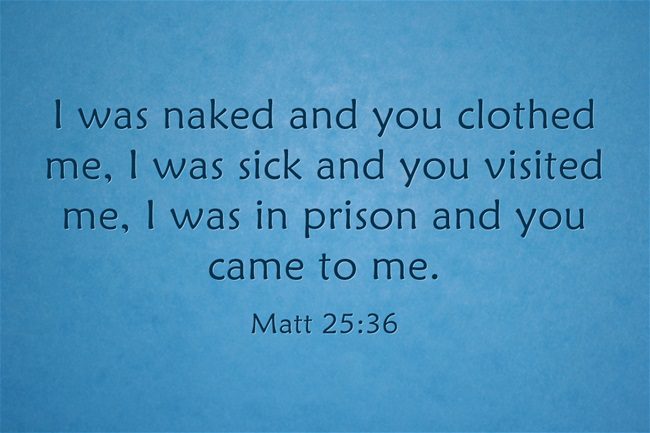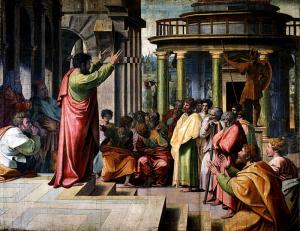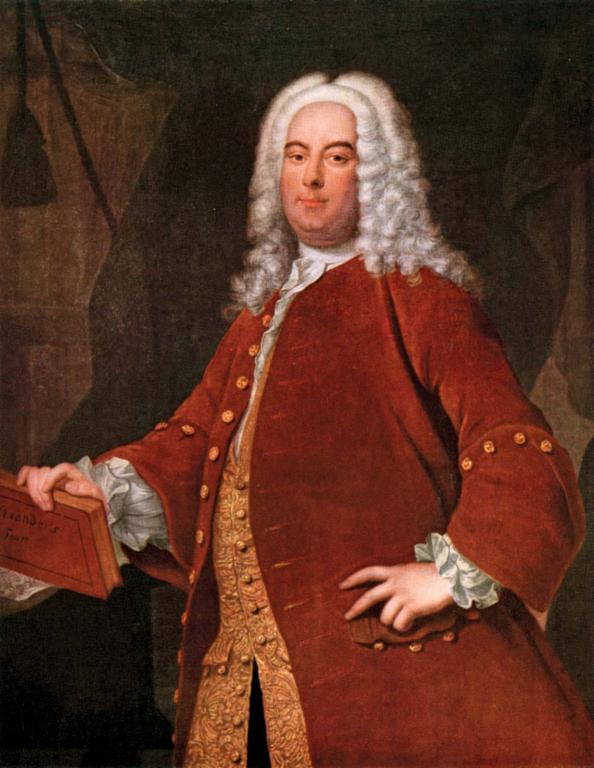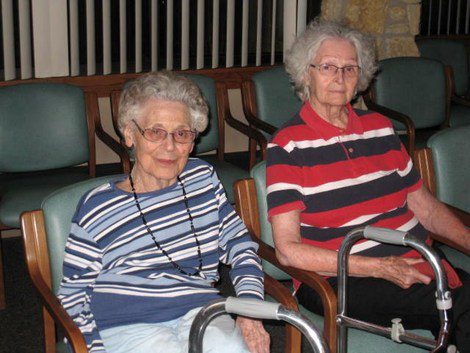Who was Charles “Chuck” Colson? What impact did he leave?
Charles “Chuck” Colson
Charles “Chuck” Wendell Colson (October 16, 1931 – April 21, 2012) was one of the men who took the fall for President Richard Nixon in the Watergate scandal in 1973 and 1974. Born into a family that were officially members of the Episcopal Church, but the fact is they rarely and infrequently attended, they never read the Bible, and they never tried to live a life of godliness, so Colson wasn’t really raised in a Christian home at all as some might think. This means he may have never had any real exposure to true Christianity (Rom 10:9-13).
Education
Once Colson started school, he would be there for a while, but at different universities. First of all, he attended Cambridge in 1949, then Brown University (1953), and finally, George Washington University Law School (1959). Colson married Nancy Billings in 1953 and they had three children. This was when Colson was serving in the Marines (1953-1955) where he quickly reached the rank of captain. By 1961, he had established his own law firm but politics was in his blood and so he volunteered on Leverett Saltonstall’s staff on his successful U.S. Senate campaign in 1960. By this time, he had been recognized for his intelligence and charisma as a speaker but also as a shrewd political thinker. The man was moving up, rapidly, in the ranks of the political elite.
The Fall
In 1968, Colson was asked to serve as a Counsel to the Republican presidential candidate, Richard Nixon. This, he gladly did. After a successful candidacy, President Nixon appointed Charles “Chuck” Colson as his Special Counsel. That was one of the most powerful positions that anyone could ever have in the world. Advising the president of the United States was a tremendous advantage for Colson but it was about to become disadvantageous to him by the president’s men and their burglary of the Democratic Party’s Headquarters. Colson became known as Nixon’s hatchet man or the “evil genius” of an evil administration, and that he was. When Colson was finally indicted on March 1st, 1974, a close friend of his gave him a copy of Mere Christianity and after reading it, he was saved.
Prison Fellowship
After Colson came to saving faith in Christ and while still in prison, he joined a prayer group. Naturally, after he professed his faith in Christ, most of the media ridiculed him to scorn, suggesting this was only a tactic to reduce his sentence, but it didn’t. He was convicted of obstruction of justice and handed a one-to- three-year sentence but only served seven months. While Colson was in prison, God planted a seed in his mind for a possible ministry. He saw the need to minister to those inside the prison walls and so he started the non-profit organization called Prison Fellowship, which is an outreach for those who desire fellowship with those on the outside and for those to have fellowship with one another on the inside. Many of these men who are in prison have had their friends and even family forsake them. Colson heard one heartbreaking account after another. As it stands today, Prison Fellowship is the nation’s largest outreach to prisoners, ex-prisoners, and their families in the nation.
Advocating for Prison Reform
Chuck Colson certainly advocated for the prison system to be reformed. He desired to see prisoners have more learning opportunities, to complete a GEB (High School Equivalency) or to enhance their education, to learn a trade they could make a living by when they get out, and how to function in society if they are released someday. Colson’s idea for reformation had nothing to do with steel, mortar, and bricks. It was about reformation from within. This meant the regeneration of the soul, a person being born again (John 3:3-8) and receiving a new heart with new desires and seeking a new beginning. Our church works with inmates inside and out by helping them put their life back together again. We can help them write a resume, try to find a job and a place to live, and all those other things that most of us don’t think twice about. Those things were also important to Chuck Colson. He was well aware of Jesus’ command to feed the poor, clothe the naked, welcome the stranger, give a drink to the thirsty, and food to the hungry. It is just as Jesus said, “I was in prison and you came to me” (Matt 25:36b) and as Christ Himself says, “as you did it to one of the least of these my brothers, you did it to me” (Matt 25:40). Chuck Colson did that.
Conclusion
Chuck Colson’s work in Prison Fellowship didn’t die with him. It still lives on today and reaches hundreds of prisons in every state. He is continuing to have a huge impact on those who are spurned by society. The “least of these” who may get out of prison and having paid their debt, are still experiencing prejudice for their former crimes, however that is double-jeopardy. You can’t convict a person twice for the same crime but people do that all the time in their minds. These people who hold such prejudice need to seek a place for true forgiveness of others, more than the prisoners, but there is always room at the foot of the cross. Jesus is waiting.
Article by Jack Wellman
Jack Wellman is Pastor of the Mulvane Brethren Church in Mulvane Kansas. Jack is also the Senior Writer at What Christians Want To Know whose mission is to equip, encourage, and energize Christians and to address questions about the believer’s daily walk with God and the Bible. You can follow Jack on Google Plus or check out his book Teaching Children the Gospel available on Amazon.












